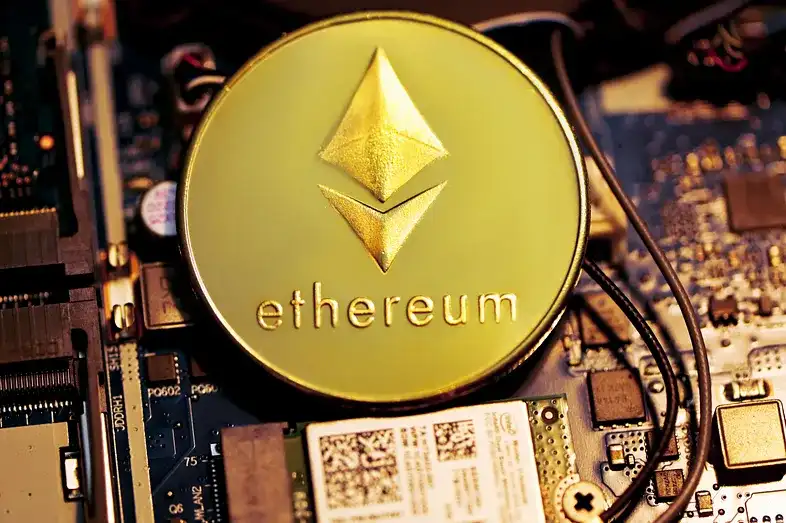You’ve heard it before: “Not your keys — not your coins.” But what does that *really* mean in practice? In a world where platforms crash overnight and hackers stay one step ahead, securing your crypto isn’t optional — it’s survival. Making money in crypto is exciting, but keeping it? That’s the real flex.
Why Crypto Gets Lost — and Fast
Crypto history is filled with cautionary tales: FTX, Mt. Gox, Celsius, Anchor, and the never-ending list of hacked exchanges and rug-pulled DeFi protocols. Millions lost. None recovered. The takeaway? Even solid gains can vanish if you don’t control your keys, understand the risks, or take your security seriously.
What Actually Puts Your Assets in Danger
Most people don’t lose crypto because they made a bad trade — they lose it because they got lazy, careless, or trusted the wrong platform. Here are the most common traps:
- Too-good-to-be-true scams: Insane APY? “Risk-free” staking? Nope. It’s usually bait.
- Centralized exchanges: Sure, they’re convenient… until they freeze withdrawals or vanish overnight.
- Lost recovery phrases: If you misplace your seed phrase, no one can help you. Literally no one.
- Fake apps & phishing sites: Downloading from sketchy links? Say goodbye to your funds.
- Unsecured devices: Malware, keyloggers, or cloud-sync accidents can open the door for hackers.
- Human error: One wrong character in a wallet address and your coins are gone forever.
Where You Store Your Crypto Matters
There’s no universal “best” storage method. It depends on how often you trade, how much you’re holding, and how paranoid you are (pro tip: be at least a little paranoid).
Hot Wallets (Software)
Apps like MetaMask or Trust Wallet are easy to use and perfect for daily activity — but they’re internet-connected, which means exposure. Great for spending, not for storing your life savings.
Cold Wallets (Hardware)
These are physical devices like Ledger or Trezor that keep your keys offline. Less convenient, but way more secure. Ideal for HODLing and large portfolios.
Paper Wallets
Old-school and fully offline. Write down your keys and lock them away. But lose that piece of paper or spill coffee on it? Game over. Use with caution.
Keeping It on an Exchange
Yes, it’s fast. Yes, it’s easy. But it’s also like storing your cash under someone else’s mattress. If they decide to “go on a break” — so does your access.
Your Three-Stage Security Plan
Security isn’t one big task — it’s a system. The best way to protect yourself is to build up in layers. Start simple. Then level up.
Level 1: Covering the Basics
- Write your seed phrase on paper. Not on Google Drive. Not in your Notes app. On real paper.
- Use password managers. Make your passwords long, weird, and unique. Then let software remember them.
- Lock your devices. Phone, laptop, everything. PINs, biometrics — turn them on.
Level 2: Serious Security Moves
- Get a hardware wallet. It’s a one-time cost that saves you from lifetime regret.
- Use app-based 2FA only. SMS is outdated and easily hijacked.
- Use a VPN on public networks. Don’t give snoopers a free window into your wallet.
- Update everything regularly. Your phone, wallet apps, browser extensions — stay current or stay exposed.
Level 3: Fort Knox Mode
- Encrypt your hard drives. So even if your laptop is stolen, your data is still locked down.
- Run a separate crypto-only network. Literally separate Wi-Fi, separate devices if you can.
- Use Tor + VPN combo. Maximum anonymity for your transactions.
- Store backups in multiple secure locations. Think safety deposit box, not your sock drawer.
Final Thoughts: Be Your Own Bank — And Security Team
Crypto is freedom — but it comes with responsibility. You don’t get a support line. You don’t get a “forgot password?” button. You’re in charge. That’s powerful, but it’s also risky if you’re not prepared.
Even implementing just a few of the practices above can save you from catastrophic loss. Don’t wait until something goes wrong. Learn now. Act now. Your future self will thank you.
And if this helped you, pass it on. Stronger habits in the community mean fewer victims, fewer horror stories, and a better crypto space for everyone.






